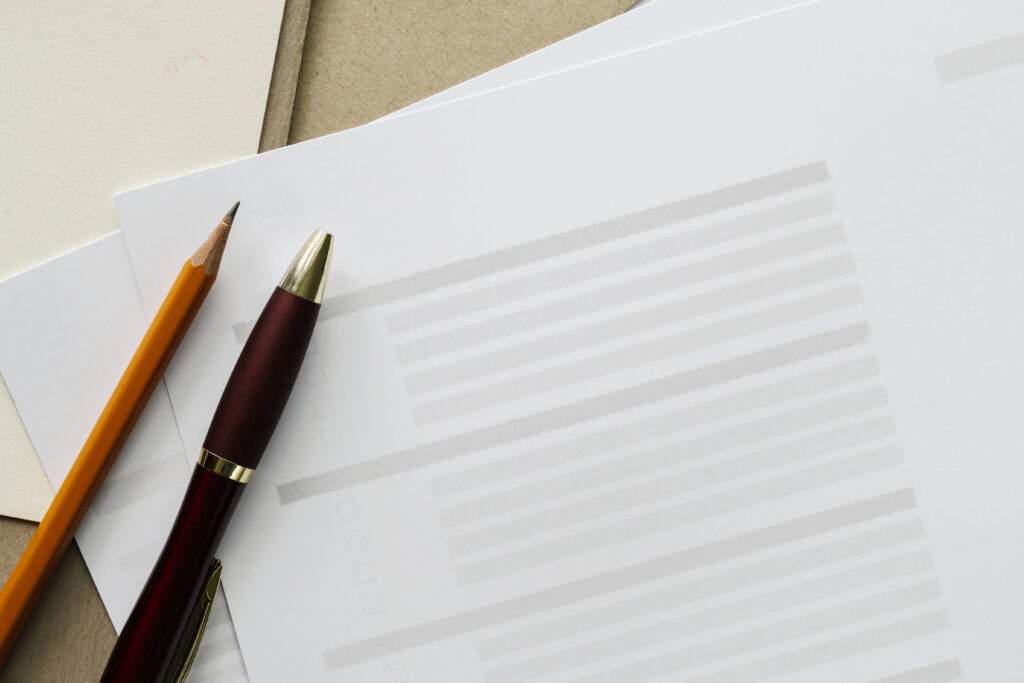
Setting the Stage
In today’s rapidly evolving job market, remote opportunities are not just a fleeting trend but rather a burgeoning reality. Consequently, writing cover letters tailored for a remote position has become an essential skill. And, indeed, crafting such cover letters demand a unique approach, one that differs from the standard on-site jobs. So, let’s dive into the nuances and understand how you can make your remote job cover letter stand out.
Why Cover Letters Matter, Especially for Remote Jobs
First and foremost, a cover letter serves as your formal introduction, an extension of your professional persona, if you will. Specifically for remote jobs, the cover letter plays an even more pivotal role. It becomes a tool to demonstrate not just your qualifications for the role, but also your capability to work remotely. In essence, it’s your virtual handshake, your first impression in a world where you might never meet your future employer in person.
Structuring Your Cover Letter: The Essentials
Fundamentally, a cover letter should have an introduction, a body, and a conclusion. In the introduction, aim to capture the recruiter’s attention. For a remote job, focus on how you are not just a good fit for the job but also for remote work. Next, the body should detail your skills, experiences, and achievements. Once again, make sure to sprinkle in aspects that highlight your suitability for remote work. Finally, the conclusion should succinctly summarize your points and express your enthusiasm for the role.
Hook Them With the Opening
Immediately after the standard greeting, grab the reader’s attention. Clearly state the job you’re applying for and how you heard about it. Importantly, explain why you’re not just a good candidate, but the best one for a remote role. Essentially, your aim is to make them want to read more. Therefore, craft this section carefully.
The Core: Demonstrating Your Skills
For the body of the letter, proceed to elaborate on the qualifications mentioned in your resume. Again, don’t just regurgitate what’s already there; rather, aim to provide more depth. Furthermore, here is where you must integrate examples of your self-motivation, time-management abilities, and communication skills—all of which are vital for remote work. So, always back your statements up with real-world examples to make your claims more credible.
Seal the Deal: The Conclusion
To wrap up, briefly restate why you’re the perfect candidate for both the role and remote work. After that, express enthusiasm for the opportunity to further discuss your application in an interview. Then, courteously sign off, but before doing that, make a soft promise to follow up.
Dos and Don’ts: Best Practices and Pitfalls
What You Must Include
Firstly, always customize the letter for each application. Use the hiring manager’s name if you can find it, and mention any mutual connections if applicable. Secondly, keep the letter succinct and to the point. Thirdly, make use of keywords from the job description, as many recruiters use automated tracking systems. Additionally, always proofread multiple times to eliminate any errors.
What You Should Avoid
Steer clear of using a one-size-fits-all approach for all your applications. Also, avoid simply repeating your resume, as your cover letter should provide additional information. Moreover, stay away from negativity or apologetic tones for any shortcomings you may have. Lastly, don’t forget to follow any application instructions meticulously, including submission formats.
The Power of Following Up
Often overlooked, the follow-up is crucial in job applications, including remote ones. After submitting your application, wait for a week or two. Then, politely inquire about the status of your application. Not only does it reiterate your interest, but it also keeps your application on the radar.
Your Virtual Foot in the Door
In sum, a cover letter for a remote job is not merely a formal requirement but a golden opportunity to make a lasting impression. By crafting it carefully, you can highlight your suitability not just for the job role, but also for remote work. So, take your time to build a compelling narrative that sets you apart from the rest. After all, in the remote job landscape, your cover letter is your virtual foot in the door. Make it count.
